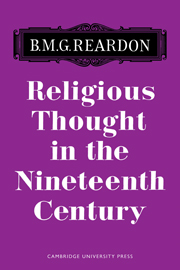Summary
Georg Wilhelm Friedrich Hegel was born at Stuttgart in 1770, the son of a minor official in the service of the Duke of Wurttemberg. After five years at the university of Tubingen, studying philosophy and theology, he began his teaching career as a private tutor at Bern in Switzerland. This post he held from 1793 to 1796 relinquishing it only to take up similar work at Frankfurtam-Main. In 1801 he was appointed to a lectureship at the university of Jena, but because of the disturbed conditions there following the Prussian defeat by Napoleon in 1806 he retired to Bamberg, where he edited a philosophical journal. Shortly afterwards he moved to Nuremberg to become Rector of the Aegidien Gymnasium, and here, in 1811, he married the daughter of a well-known citizen of the town. He had already in his Frankfurt years devised the ground-plan of his philosophical system, which during the Jena period received further elaboration with the composition of his first major work, the Phänomenologie des Geistes, published in 1807. But his principal literary achievement, the Logik (1812–16), was the fruit of his sojourn in the old Bavarian city. In 1818, after the brief interval of a professorship at Heidelberg, came the summons to Berlin with the offer of the university chair of philosophy. Here he rapidly acquired a position of European eminence, lecturing to large audiences and gaining many disciples. His published works comprised a general summary of his doctrine—the Encyclopddie der philosophischen Wissenschaften—and a treatise on the philosophy of law.
- Type
- Chapter
- Information
- Religious Thought in the Nineteenth Century , pp. 61 - 81Publisher: Cambridge University PressPrint publication year: 1966

